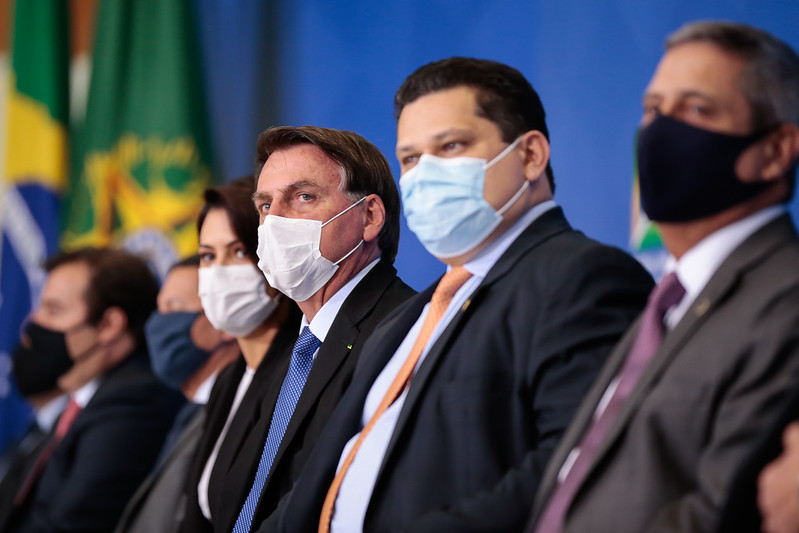Many authorities in the Jair Bolsonaro administration have said multiple times that Brazil should naturally develop a “herd immunity” to Covid-19 once 70 percent of the population becomes infected with the coronavirus. In early May, the president himself insisted on that argument.
However, the idea of natural herd immunity is not as simple as it sounds. Even if the Brazilian population reaches the required herd immunity threshold — usually north of 60 percent of the population — it does not mean the spread of the coronavirus will immediately cease.
“You could imagine that once 60 percent of the population is infected, the number of infections will start to drop. But it might be that another 20 percent gets infected while the disease is starting to die out,” said Joel Miller, an expert in the use of Applied Mathematics in controlling infectious diseases from La Trobe University, speaking to Quanta Magazine.
This slow phasing out of the coronavirus means that reaching herd immunity will only be likely after a long time, potentially after the development of a vaccine, and an immeasurable amount of lives may be lost in the process.
How immune can we be?
Another risk of banking on the development of natural herd immunity is that the immunity acquired by each individual might be temporary. As previously covered by The Brazilian Report, health officials have been questioning how long Covid-19 survivors can be immune to a new infection, with a recent study even suggesting they might be susceptible to reinfection within months.
Naturally developing herd immunity would ultimately be a rather too costly and ineffective way of phasing out the coronavirus. In the quest to clear the Covid-19 hurdle and returning to normal, opening the country up to coronavirus infections does not seem to be the answer.
 Support this coverage →
Support this coverage →

 Search
Search






































